Tag: Robert Cohen
Dahlia Lithwick talks Speech, SCOTUS and Stanford Law SchoolDahlia Lithwick talks Speech, SCOTUS and Stanford Law SchoolDahlia Lithwick talks Speech, SCOTUS and Stanford Law SchoolDahlia Lithwick talks Speech, SCOTUS and Stanford Law SchoolDahlia Lithwick talks Speech, SCOTUS and Stanford Law School
This inaugural class of fellows, who included scholars, students and journalists from across the country, spent a year researching critical issues related to speech and diversity, protest and inclusivity. Their work included developing tools, analyzing data and presenting lessons from history, and was showcased in this publication (PDF) at the Center’s #SpeechMatters conference on March 21, 2019 in Washington, DC. You can read and download their final work below.
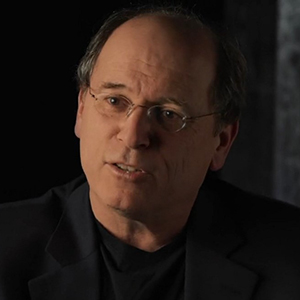
Robert Cohen
Professor, New York University
Cohen compared free speech crises at UC Berkeley in 2017 and the University of Wisconsin-Madison in 1967, then developed related curriculum materials for middle and high school teachers and incoming college students.
Download Robert Cohen's Research (PDF)
Carlos Cortes
Professor Emeritus, UC Riverside
Cortes explored the history of diversity initiatives on college campuses and how those initiatives have affected students' and administrators' evolving views on free speech issues.
Download Carlos Cortes's Research (PDF)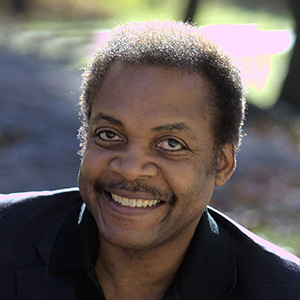
Ellis Cose
Best-selling Author, Former ACLU Writer-in-residence
Cose performed a deep analysis of the challenges of protecting free expression in the context of polarized politics, accusations of fake news and a rise in white nationalism, supplementing his book project on the history of the American Civil Liberties Union.
Download Ellis Cose's Research (PDF)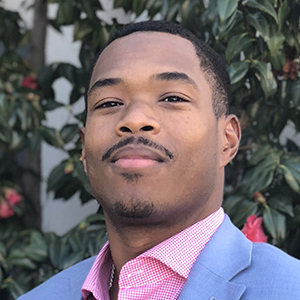
Justin McClinton
Ph.D. Candidate, UC Santa Barbara
McClinton developed a toolkit that helps university administrators prepare incoming students to engage with challenging ideas.
Download Justin McClinton's Research (PDF)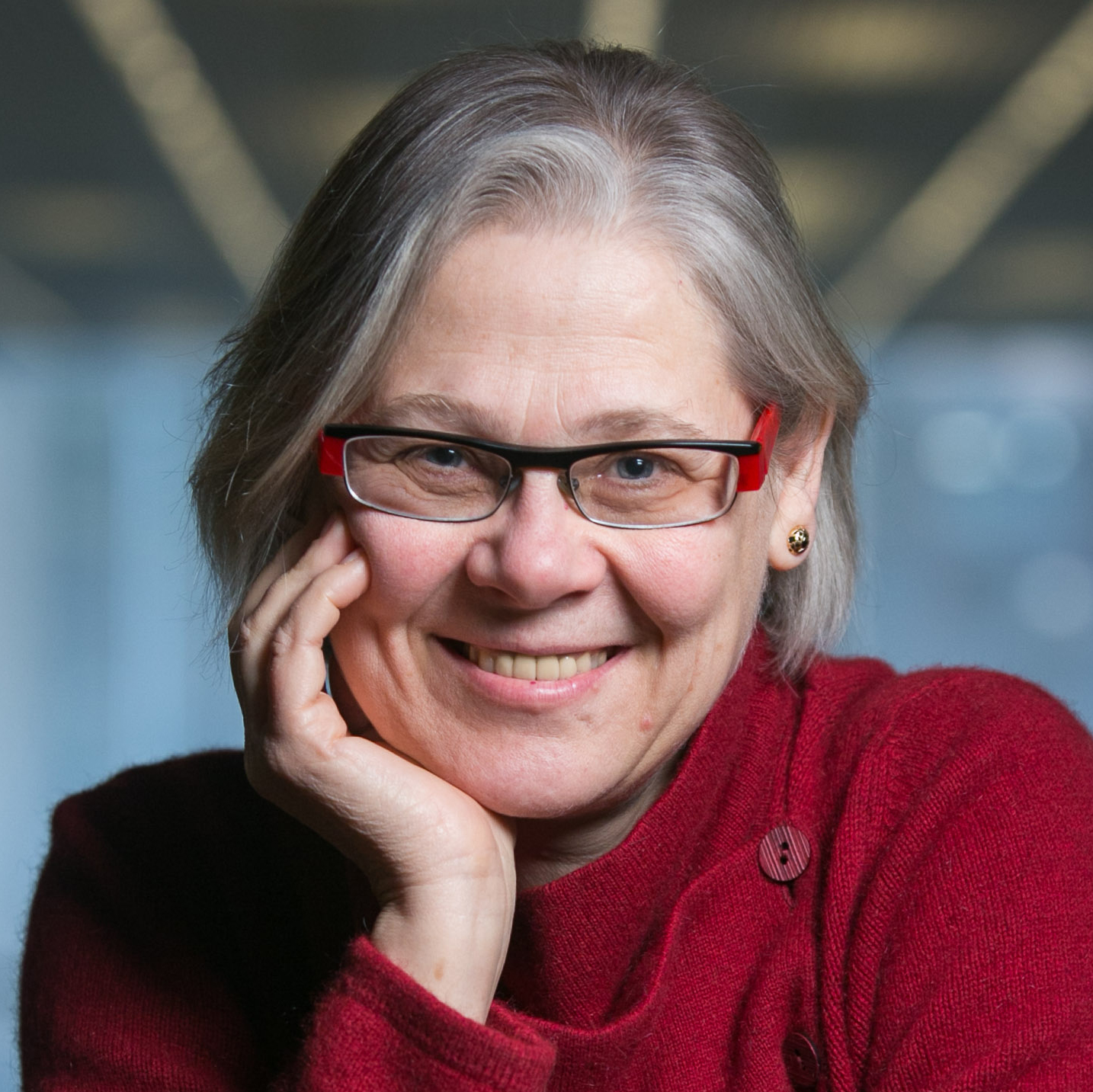
Candace McCoy
Director, Office of the Inspector General for the New York Police; Professor, Graduate Center, City University of New York
McCoy studied recent protests and changing police practices when groups decide that rioting or threats of violence are necessary to bring attention to their issues.
Download Candace McCoy's Research (PDF)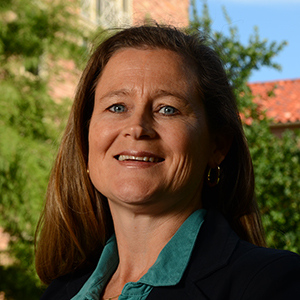
Elizabeth Meyer
Associate Professor, University of Colorado Boulder
Meyer aimed to demystify First Amendment topics such as free speech, harassment and nondiscrimination in K-12 and university settings, including surveying educators on challenging acts of expression in their classrooms.
Download Elizabeth Meyer's Research (PDF)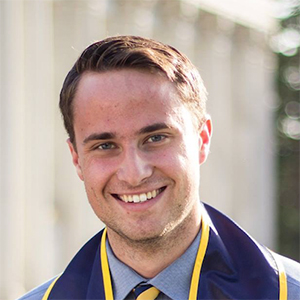
William Morrow
Former UC Berkeley Student Body President
Morrow created a "playbook" for student leaders on how to handle the unique politics, legal restrictions, community relations and complex media communications involved with expressing opposition to the messaging of controversial speakers.
Download William Morrow's Research (PDF)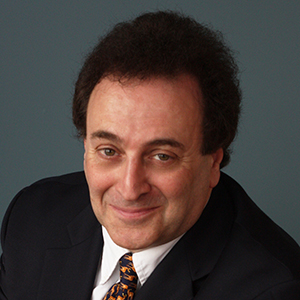
Carlin Romano
Professor, University of Pennsylvania; Critic at Large, The Chronicle of Higher Education
Romano worked with the country's top intellectuals and writers to set up debates on controversial topics at up to eight college campuses. He wrote a series of articles connected to these debates, examining when and why conventional viewpoints tip into the unacceptable.
Download Carlin Romano's Research (PDF)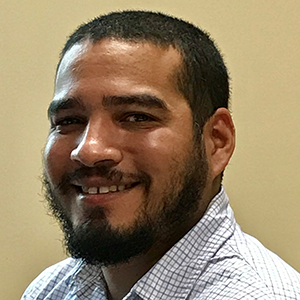
Gamelyn Oduardo-Sierra
Legal Counsel, University of Puerto Rico
Oduardo-Sierra focused on developing online resources, podcasts and educational guides about the rights of assembly, public forums and civic participation as avenues of social conciliation.
Download Gamelyn Oduardo-Sierra's Research (PDF)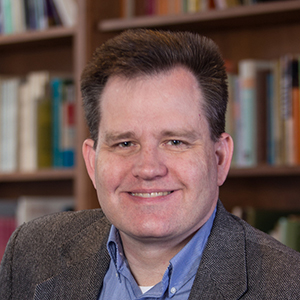
Keith Whittington
William Nelson Cromwell Professor, Princeton University
Whittington built on previous work to develop model guidelines for campus free speech, moving from the defense of principles to concrete statements and regulations that can be adapted and used by college administrators.
Download Keith Whittington's Research (PDF)